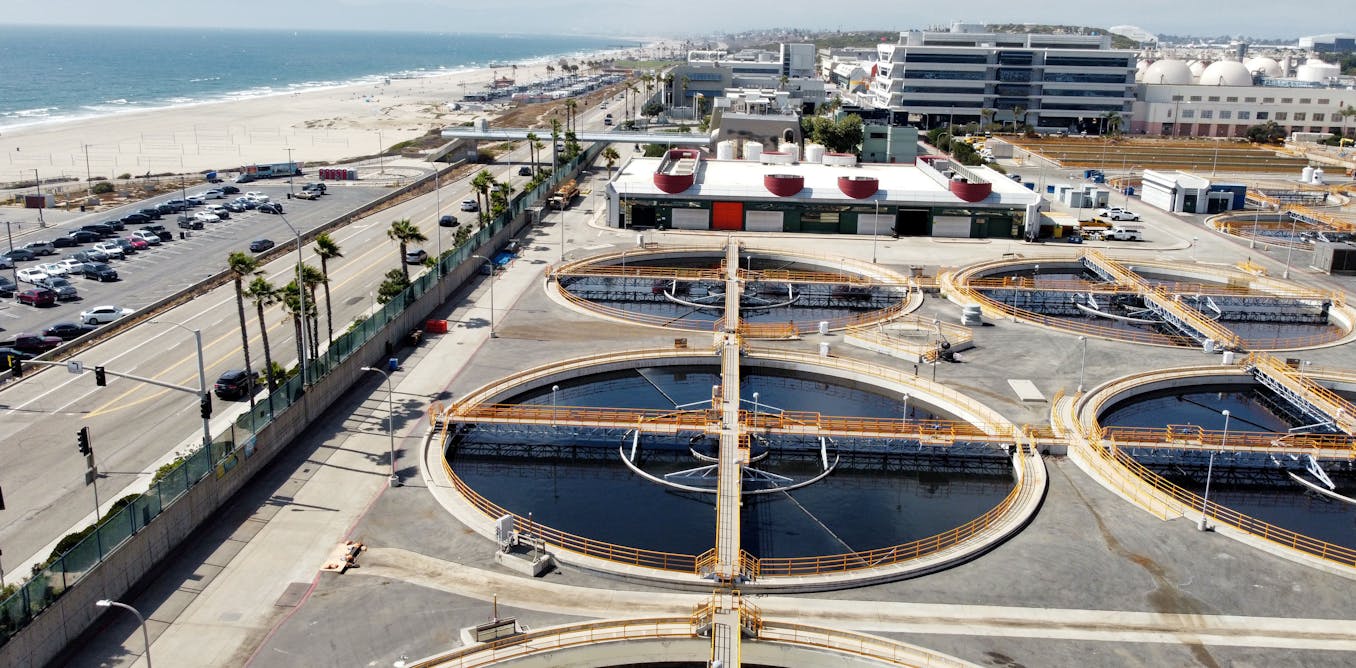The recent US Supreme Court ruling on former president Donald Trump’s immunity has significant implications for legal cases against him. The court has determined that former presidents enjoy ‘absolute immunity’ for their official acts, which could potentially shield Trump from prosecution in certain cases.
One such case that may be affected by this ruling is one alleging that Trump attempted to subvert the 2020 presidential election. The ruling could disrupt the progress of this case and other similar cases that seek to hold Trump accountable for his actions during his time in office.
In an interview with Barry McDonald, a professor of law at the Pepperdine Caruso School of Law in California, the implications of the Supreme Court ruling were discussed. McDonald provided insight into how this ruling could impact legal proceedings against Trump and what it means for the future of presidential immunity.
Additionally, Nick Akerman, a lawyer and former assistant Watergate Special Prosecutor, also weighed in on the ruling and its potential ramifications. Akerman’s perspective shed light on the legal implications of the Supreme Court’s decision and what it could mean for the ongoing legal challenges facing Trump.
Overall, the US Supreme Court ruling on former president’s immunity has sparked debate and raised questions about the extent of presidential immunity and its implications for holding public officials accountable for their actions. The decision could have far-reaching effects on legal cases involving Trump and set a precedent for future cases involving former presidents.
Watch the video by DW News
Video “How the US Supreme Court ruling on former president’s immunity could affect Trump cases | DW News” was uploaded on 07/02/2024 to Youtube Channel DW News



































